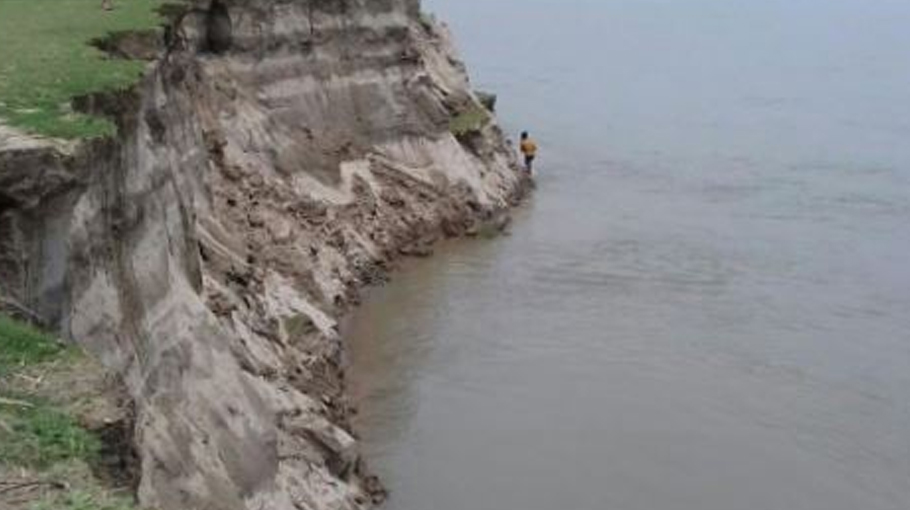‘Bangladesh losing 69,000 hectares land per year’

Environment, Forest and Climate Change Minister Md Shahab Uddin has said Bangladesh is losing around 69,000 hectares of land every year, posing a serious threat to the country's food security.
"Bangladesh is losing around 69,000 hectares of its land every year posing a serious threat to ensuring the food security for the growing population of Bangladesh," he told a meeting in Abidjan, Côte d'Ivoire.
The 'Round table 2 - Land restoration: A path to sustainable post pandemic recovery' in the conference of the parties (COP-15) to the United Nations Convention to Combat Desertification (UNCCD) was held on Tuesday night, according to a message received here on Wednesday.
Shahab Uddin said one third of Bangladesh lies on the coast exposed to tidal flooding, which leads to increased salinity.
Forced migration of one million people from neighbouring country to Bangladesh has created enormous threat to its land, life, environment, biodiversity, forest and ecosystems, he said.
The environment minister said the loss of soil, flora and fauna and ecosystems increases the risk of diseases like COVID-19 and Ebola.
Mentioning that the northwestern part of the country is under the threat of desertification, he said land restoration is definitely a cost-effective strategy which can ensure green recovery.
So, he said, Bangladesh is encouraging and welcoming international cooperation and support through UNCCD secretariat as well as Global Mechanism.
Shahab Uddin said the government of Bangladesh is trying its best to combat land degradation and desertification.
To this end, he said, it has revised its National Environmental Policy giving special emphasis on checking land degradation and desertification.
"We have formulated 'Bangladesh National Action Program (NAP) for Combating Desertification, Land Degradation and Drought 2015-2024'. Bangladesh has set voluntary targets to achieve Land Degradation Neutrality (LDN) by 2030 as per SDG Target 15.3 and the decision of COP13," he added.
The environment minister said roadside plantation, coastal afforestation and social forestry are some of the successful land-based adaptation programmes in Bangladesh.
"We have also formulated Bangladesh Climate Change Strategy and Action Plan (BCCSAP) and Bangladesh Delta Plan 2100 (BDP 2100) and is preparing Mujib Climate Prosperity Plan (MCPP)," he said.
Shahab Uddin said Bangladesh has introduced the best practices of SLM technology for fast growing crops, vegetable and fruits, while Barind, a north western part of the country, is the best example to be turned into green area by introducing sustainable mechanism.
Earlier, the environment minister also joined the High Level Interactive Dialogue on Future proofing Land use: Shifting patterns in production and Consumption in the conference of the parties (COP-15) to the United Nations Convention to Combat Desertification (UNCCD) held last night in Abidjan.



